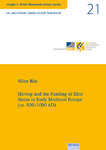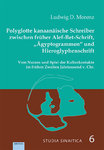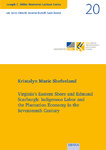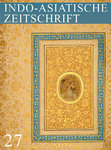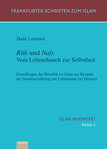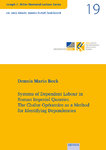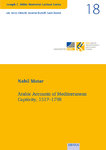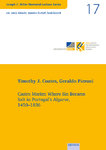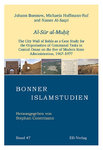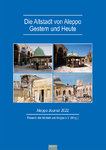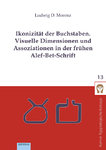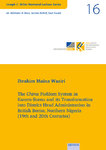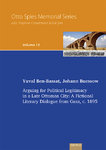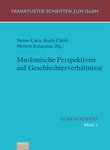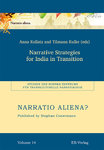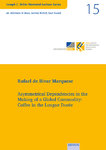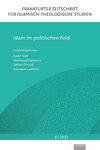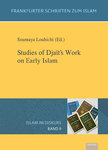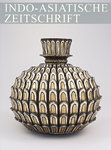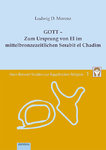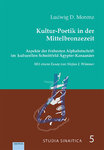Verlag für Wissenschaft und Praxis
- ISLAMWISSENSCHAFT
- ISLAMISCHE STUDIEN
- JOSEPH C. MILLER MEMORIAL LECTURES SERIES
- ASIENWISSENSCHAFT
- ARCHÄOLOGIE ALS KULTURWISSENSCHAFT
- RELIGIONSWISSENSCHAFT
- RELIGIONSPÄDAGOGIK
- GESELLSCHAFT UND KIRCHE
- KIRCHE UND GEMEINDE
- GESUNDHEIT UND KRANKHEIT
- KINDERGARTENPÄDAGOGIK
- OPEN ACCESS
- Neuerscheinungen
- In Vorbereitung
- News
- E-Books
- Einzelkataloge
Categories OPEN ACCESS Reihe: Joseph C. Miller Memorial Lecture Series Vol. 3: Medieval Women in the Très Ancien Coutumier de Normandie.
Vol. 3: Medieval Women in the Très Ancien Coutumier de Normandie.
Artikel-Nr.: ISBN 978-3-86893-396-357 pages, paperback,
14,8 x 21,0 cm, 2020
Hier können Sie die Publikation als
CC BY-NC-ND 4.0-Lizenz herunterladen:
DOI: https://doi.org/10.53179/9783868933963
This paper examines the legal capacity which secular women enjoyed or lacked in late medieval Normandy. The issue is particularly relevant to decoding asymmetrical dependencies, since a lack of legal capacity was the quintessential expression of women’s inferior position and dependency in society and in the eyes of the law. The research discussed in this paper reveals the extent of that legal dependency in real, rhetorical and linguistic terms. It involves examining the textual and semantic representation of women in Norman customary law texts, by using diachronic linguistics and terminological methodologies. The study confirms the assumption that women in thirteenth century Normandy had relatively low legal capacity and found themselves in asymmetrical dependencies on men, especially on their husbands. The narrative told in the Coutumier of men is not only more substantial but also considerably more varied and thus contextually richer. The approach has allowed us to go beyond content analysis and get a better understanding of the actual social experience of women’s legal capacity by compounding information and data from analysis of content, meanings, terminology and discourse and, hence, providing a contextualized understanding of the dependencies in which women existed in their daily lives.
The Author
Caroline Laske holds graduate and post-graduate degrees in law from the University of Cambridge, in linguistics and translation studies from the University of Birmingham and a PhD in legal history from the University of Ghent. She is a Heinz Heinen Fellow at the Bonn Center of Dependency and Slavery Studies, a research fellow at the Ghent Legal History Institute and a lecturer at the UCLouvain. Her interdisciplinary research lies at the intersection of law, history and language, applying linguistic analysis to study legal history & concepts, comparative law and translation.



